Hello world 👋, my name is Francisco — fcoterroba on the internet — and today I’m sharing news that makes me really happy.
As the title says, I wrote a book about artificial intelligence.
In this post, I’ll talk about the book, what motivated me to write it, what it’s about, who it’s for, some easter eggs, and much more.
Before we begin, here’s a video from my YouTube channel showing the installation of smart bulbs that can be controlled with Google Assistant or a phone. In case you haven’t seen it yet:
Before starting, here’s my latest TikTok, where I briefly talk about the book. I hope you like it — and feel free to follow me to stay updated with the latest news on the site.
@fcoterroba My favorite Eurovision 2023 songs — PART 3 #eurovision #eurovision2023 #fyp #parati ♬ original sound - fcoterroba
AI: Artificial Intelligence or Artificial Immorality?
AI: Artificial Intelligence or Artificial Immorality? is the title of my first book — a book that wouldn’t have been possible without the people who helped me create it.
- Nuria
- Roxas
- Nono
- Daniel
- Diego
Thank you from the bottom of my heart ❤️ — this wouldn’t have been possible without you.
What’s the book about?
As the title (I believe) clearly suggests, it’s a book of intent. A book that seeks to be read and discussed — one that deserves to be read.
That may sound a bit bold, but I truly believe it.
We live in a hyperconnected, hyper-updated world. We hear futuristic news every week, yet NOBODY has set a clear tone on something so delicate, risky and full of opportunities to improve our daily lives: AI ethics.
In the book, we cover various aspects of AI as it gets closer to our daily lives, and how we should approach these advances.
Let’s try a real exercise. Picture a not-so-distant world — say, in a decade.
Do you see it as realistic that AI will capture our emotional subtleties? Do you think they could become companions like in Westworld?
If you answered yes to both, do you find it ethical? Is it ethical to allow machines to share those deeply personal emotional spaces?
These and many other questions are considered in the book from an impartial standpoint. The book doesn’t take a stance; I do not give my opinion. The goal is to spark a serious, global consensus on the development of artificial intelligence — a BASIC requirement to progress with sanity, education, respect and safety.
Who is the book for?
The book is for absolutely everyone.
It’s for Elon Musk, Sam Altman, Mark Zuckerberg, the developers behind GitHub Copilot, city councils adopting AI in public services…
And it’s also FOR YOU. For you who used ChatGPT to summarize a task at work or school. For you who generated an image with DALL‑E for a presentation. For you, developer, who contributed a small translation to Llama prompts.
In short, the book is for anyone who has had even minimal contact with AI. It’s not a technical book (the most “advanced” term used is “prompt”); it’s a philosophical take — a technological essay meant to be widely read. We’re all part of this revolution, so it must be a democratic process.
We all use AI — therefore, we must all help define its future.
Extras
Below are the book’s images in full color. I hope you like them:
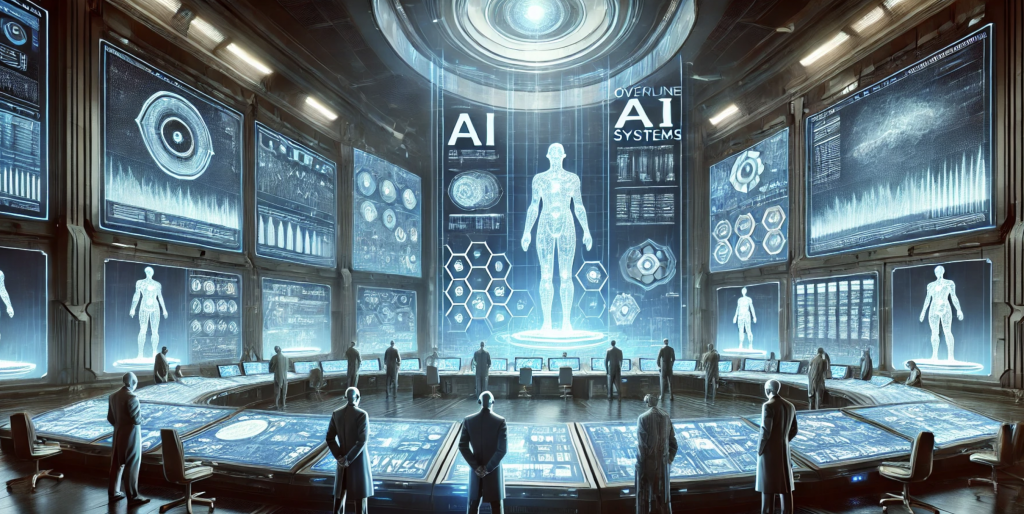
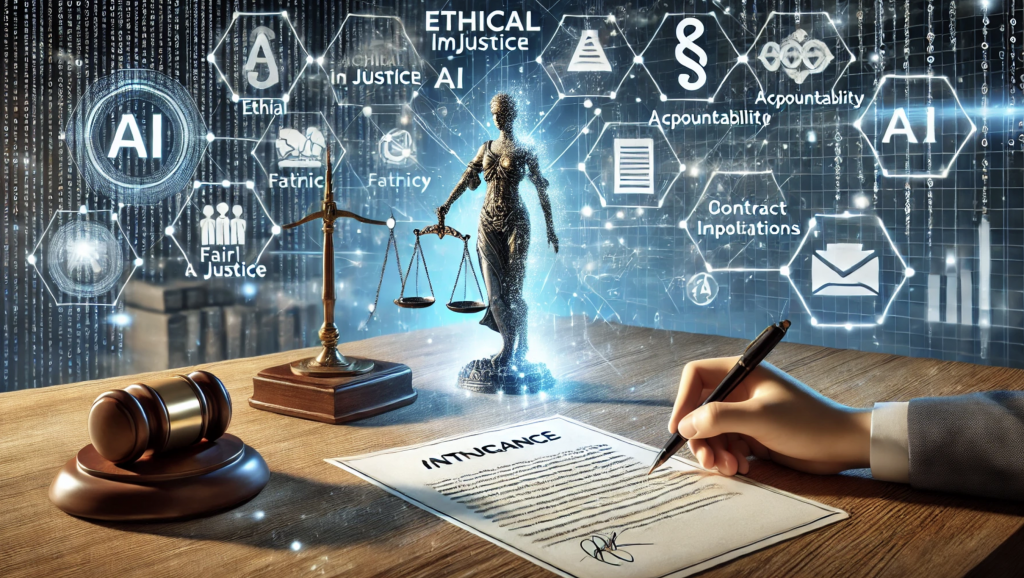
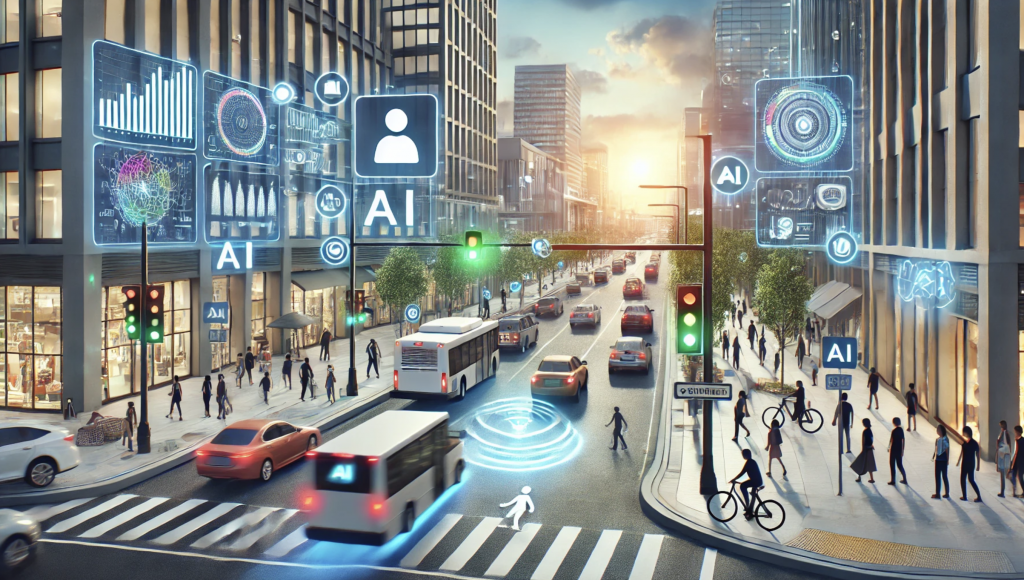
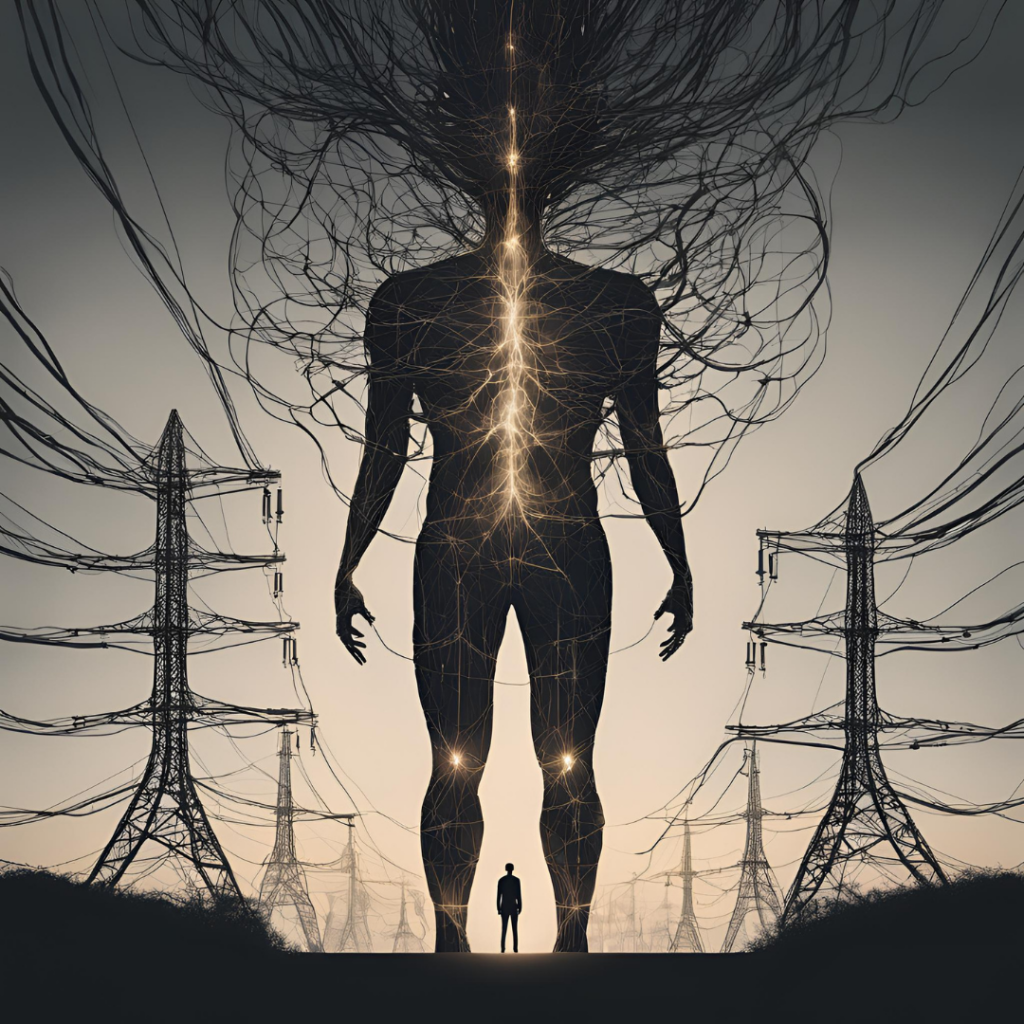

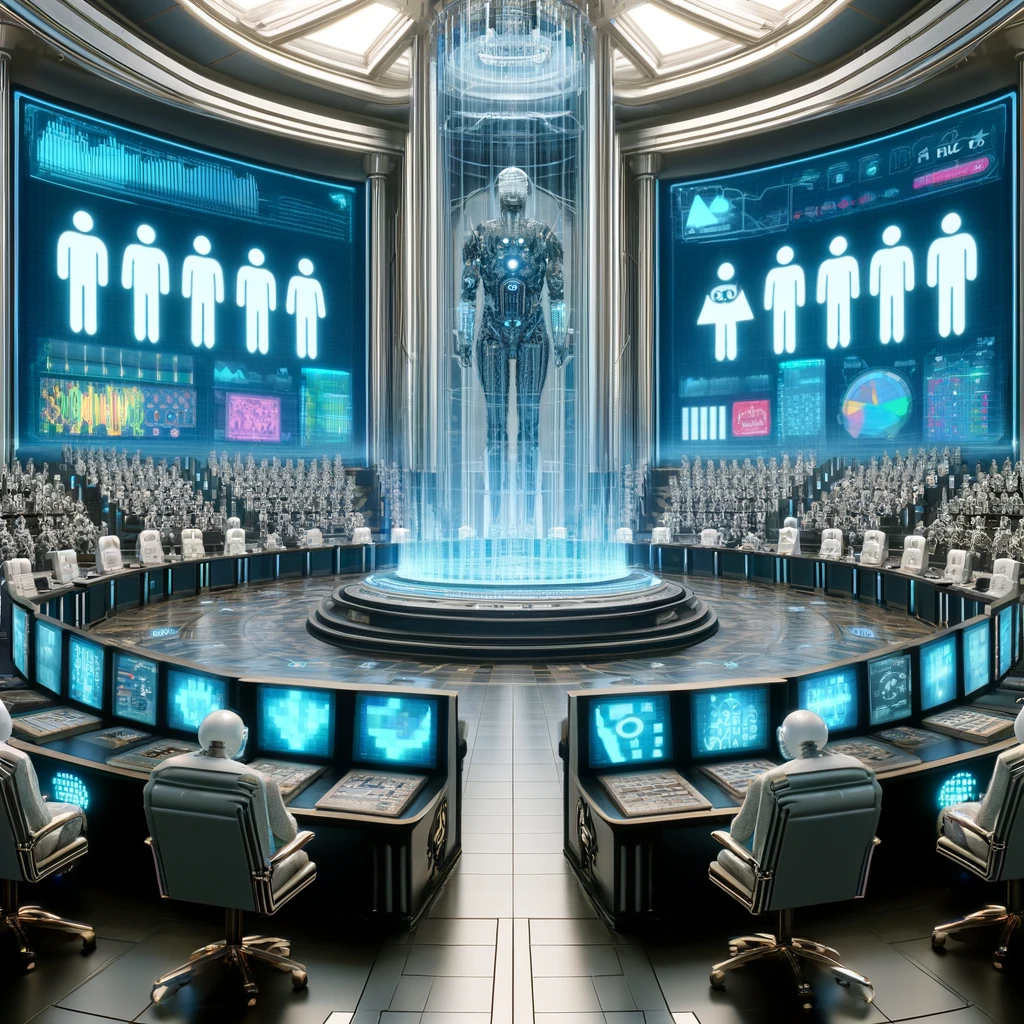



Additionally, here are the COMPLETE parts from:
- Roxas
- Daniel Hispán
You can buy the book on Amazon (physical and/or digital) and on Google (digital only).
End of post
That’s all for today.
The book is available in both physical and digital formats on Amazon, and in digital format on Google Play Books. Prices start at €2.99.
Apologies to my most loyal readers who love programming projects — dedicating time to the book has been incredibly fulfilling over the last few months (besides spending time with my partner and family, of course).
Thanks for reading until the end, to everyone who helped, and especially to you, reader. I hope you liked both the post and the book. See you soon!
You can also support my work via Paypal. Any amount is truly appreciated! 🙂
And remember to follow me on Facebook, Instagram, GitHub, LinkedIn and TikTok. 🤟🏻
